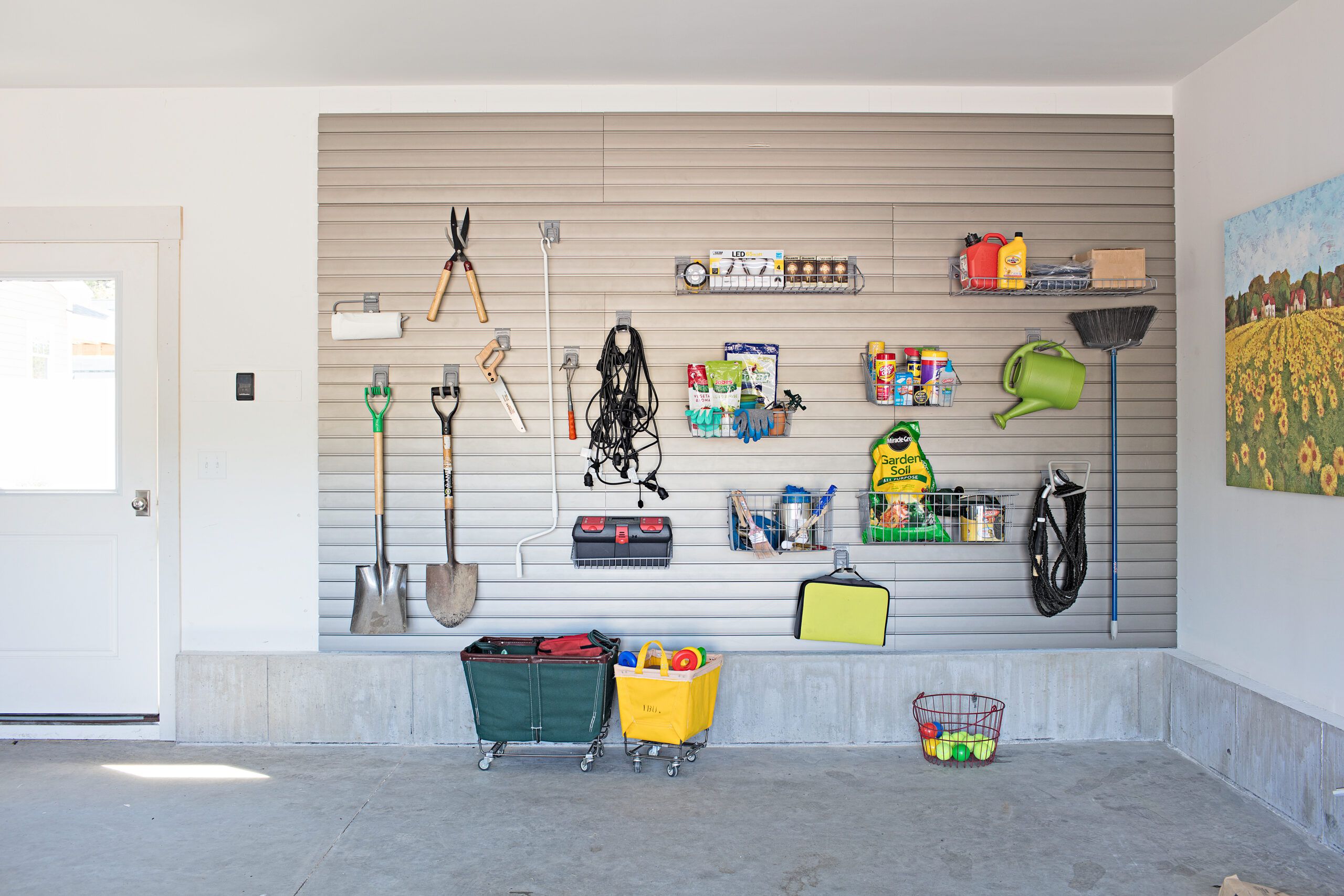Are you considering starting a welding workshop in your garage? Welding can be a fun and rewarding hobby, and it can even turn into a profitable business with enough dedication and hard work.
However, before jumping into the world of welding, there are a few things you should know and consider. In this article, we will go over some tips to help you start your welding journey on the right foot.
Understand the Basics of Welding
Before getting started with welding, it is crucial to understand its basics. There are different types of welding such as MIG, TIG, and stick welding, and each has its own set of techniques and safety protocols.
Research online or take a beginner’s course to get an idea of the type of welding you want to do and to familiarize yourself with different machines. Knowing the basics will also help you to determine the type of welding gear you will need and how to stay safe while welding.
Gather Necessary Equipment
Once you have a basic understanding of welding, it’s time to gather the necessary equipment. The required gear will depend on the type of welding you will be doing. A welding mask, safety gloves, and a 5 Gallon Plastic Pail are some basic things you should invest in.
Additionally, you will need a welding machine, welding rods and/or wire, and grinders. Do not forget to invest in good ventilation to ensure your garage remains cool while welding.
Prepare Your Garage Workspace
To start a welding workshop, you need a secure and spacious workspace in your garage. Remove any unnecessary clutter or furniture that may obstruct your work. And prepare an area to store all your welding equipment new York, ny.
Ensure that the area is properly ventilated to protect yourself from harmful fumes and to keep the space cool while welding. A sturdy workbench is also essential, and having ample lighting helps you to be more precise.
Find a Qualified Tutor
Consider hiring a tutor for a more hands-on and personal learning approach. This is especially important if you are new to welding and getting familiar with safety protocols. Contact local colleges or trade schools for instructors certified in teaching welding techniques and safety protocols.
A tutor can help you to develop your skills and answer any questions you may have.
Familiarize Yourself with Local Regulations
Before starting any welding project, familiarize yourself with local laws or ordinances to avoid any legal complications. It is illegal in some areas to operate a business from home, so make sure you check the legal requirements before beginning large-scale projects.
Practice!
Finally, put into practice what you have learned by starting with small projects. No great welder was made in a day, so start small and develop your skills overtime. Practice at different angles and positions, with different metals and thickness, and try different welding types.
It’s also important to seek feedback from others to improve your craft. Additionally, practicing helps you to gain experience using different types of equipment and techniques before taking on bigger jobs for customers.

